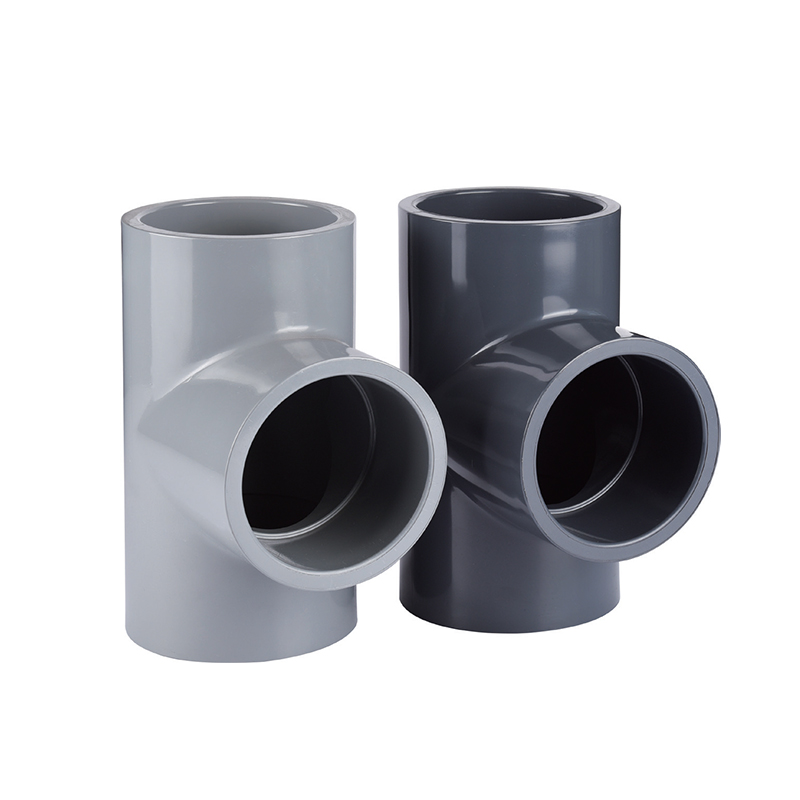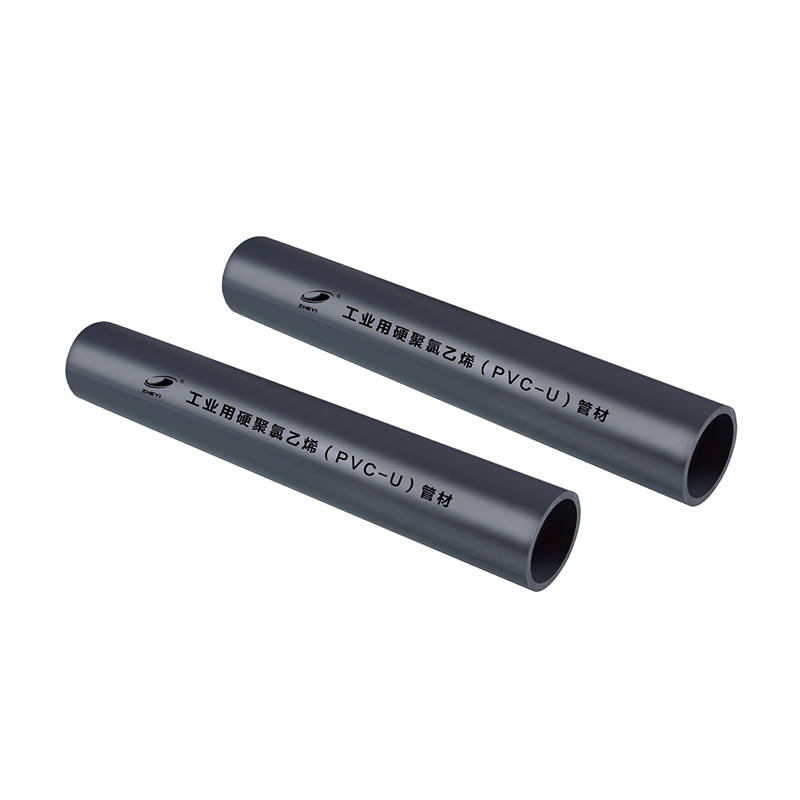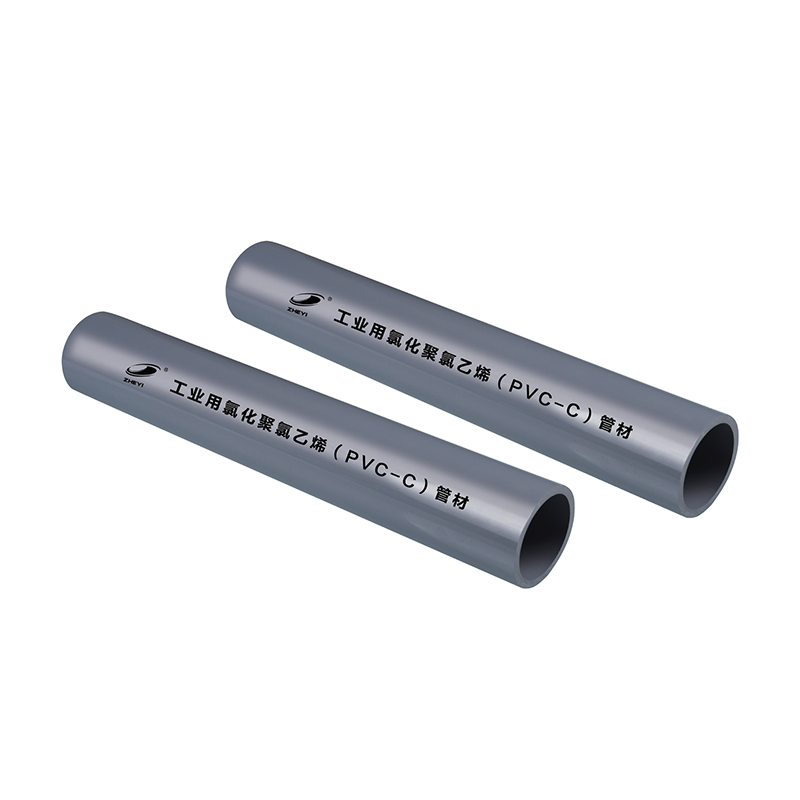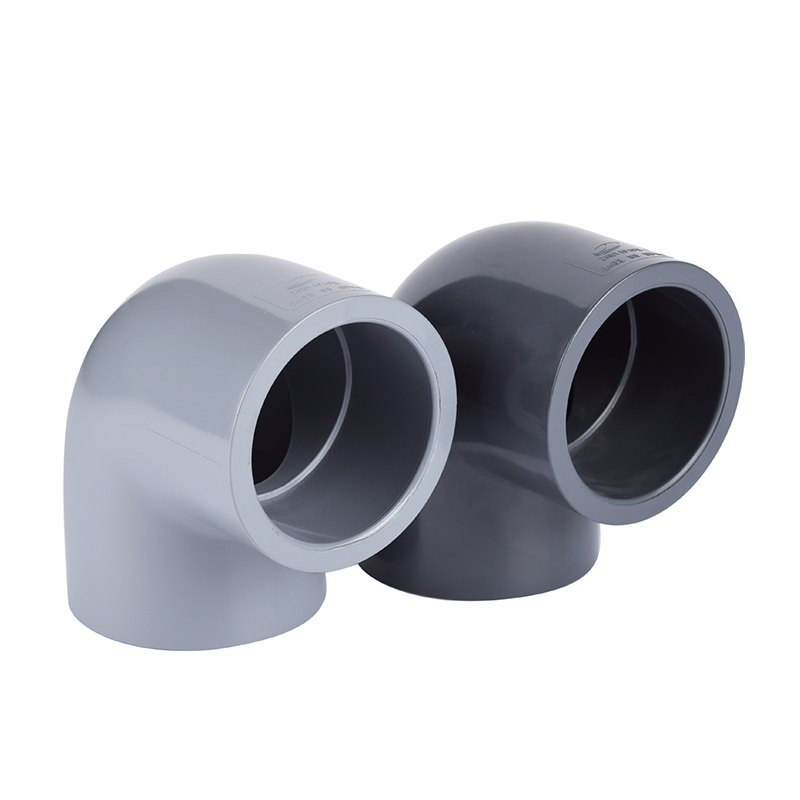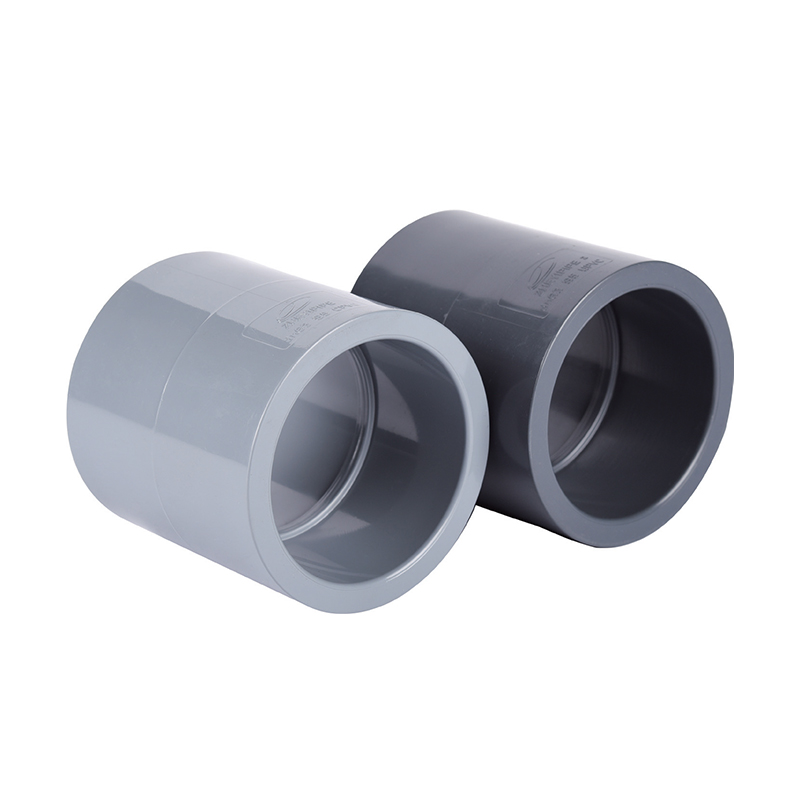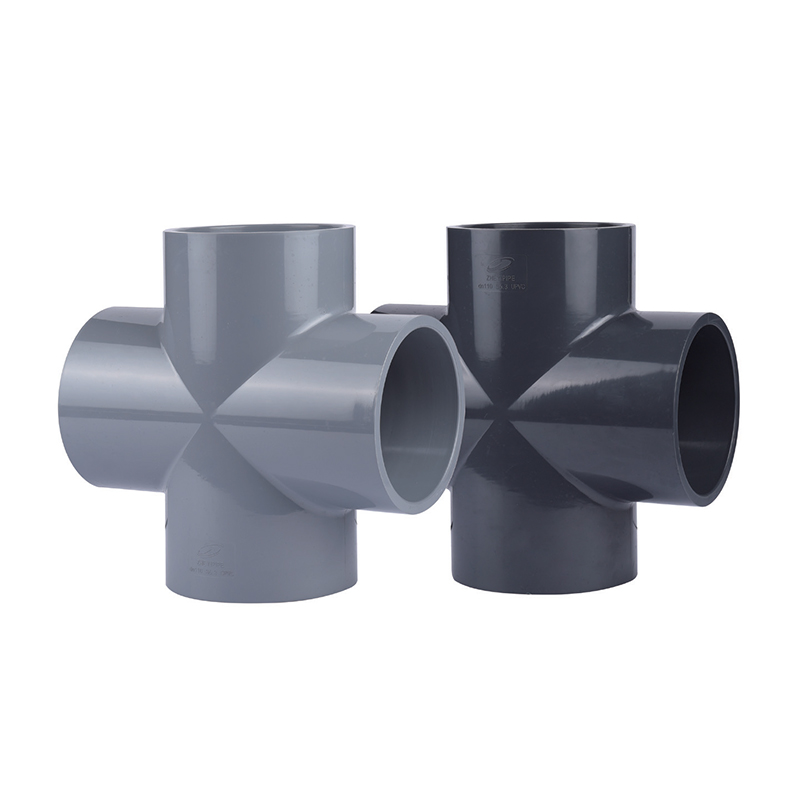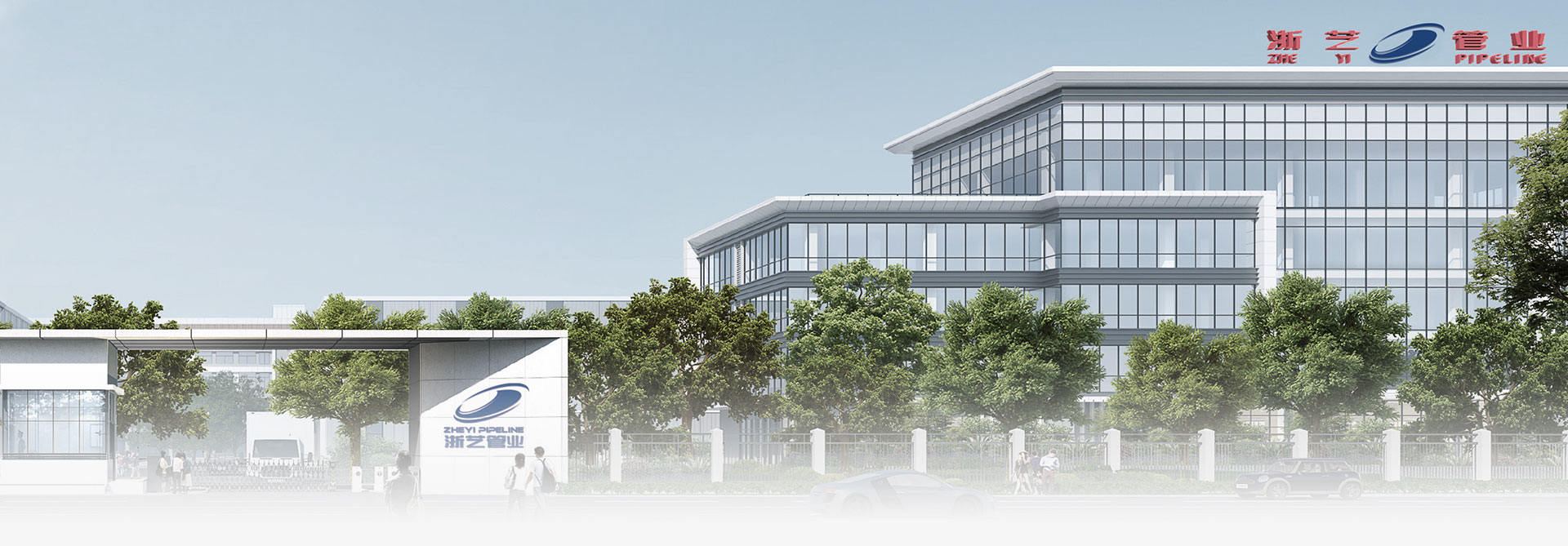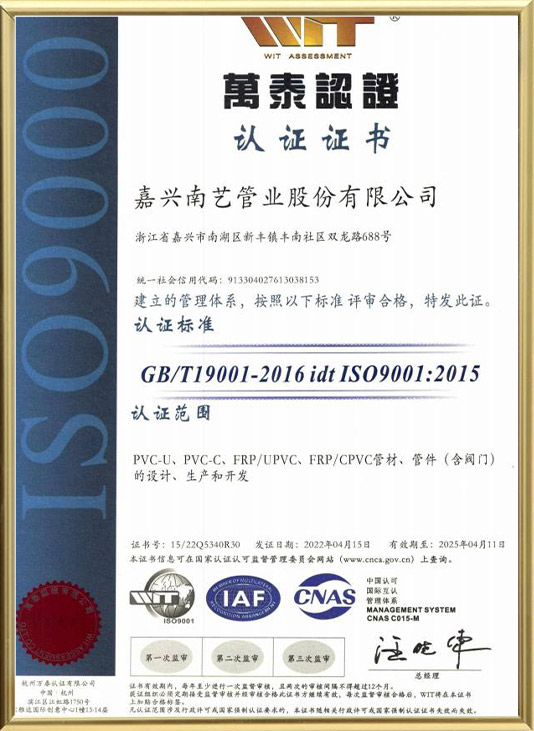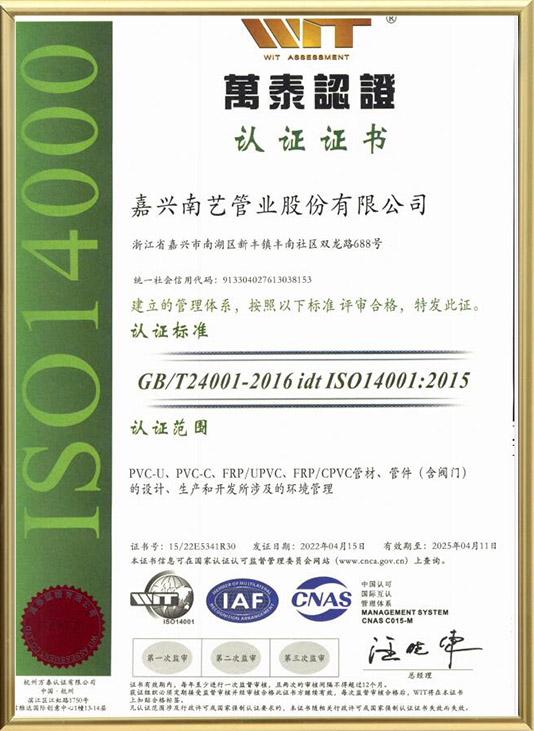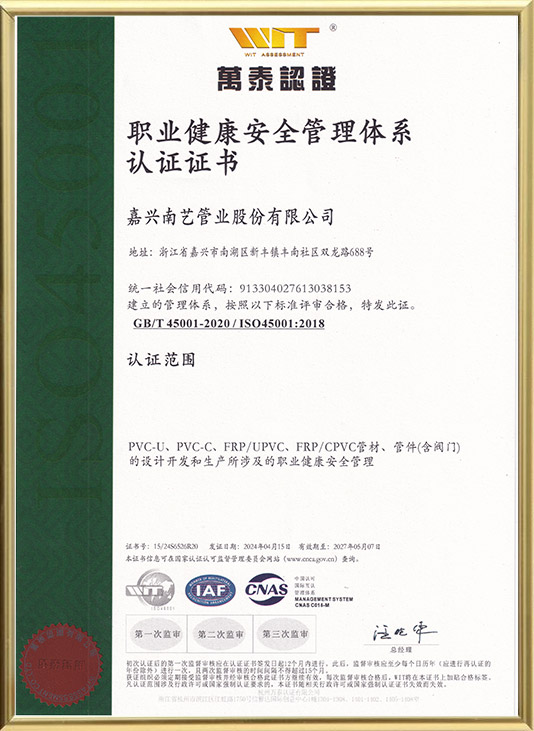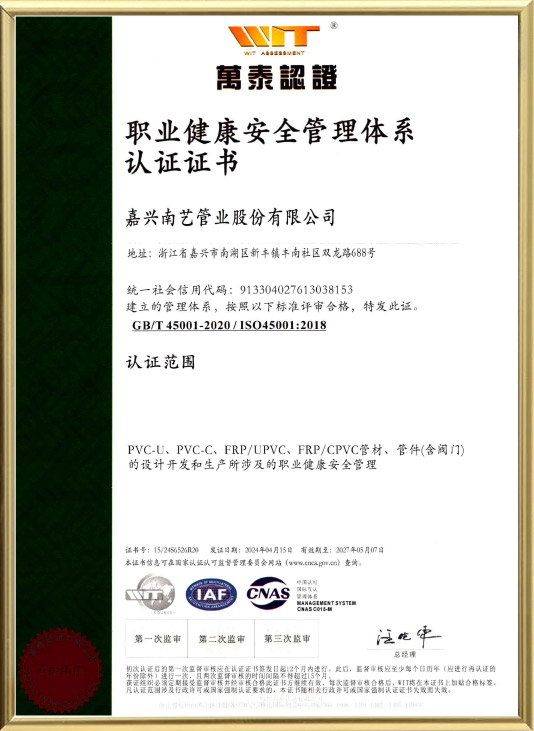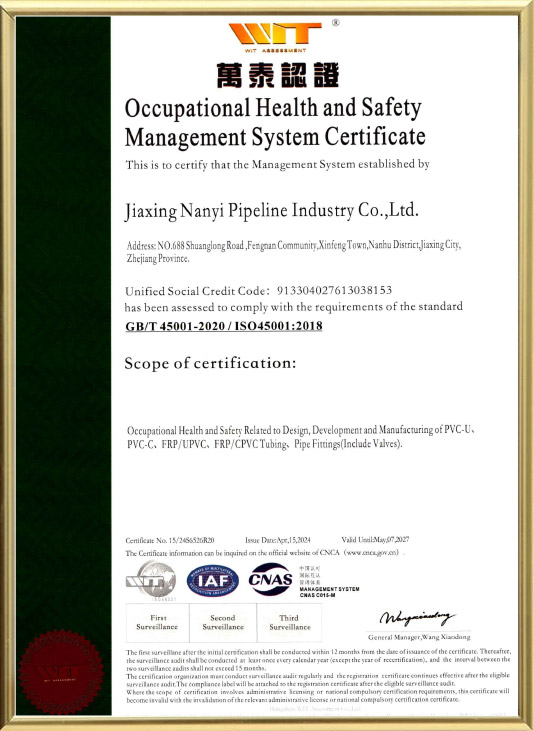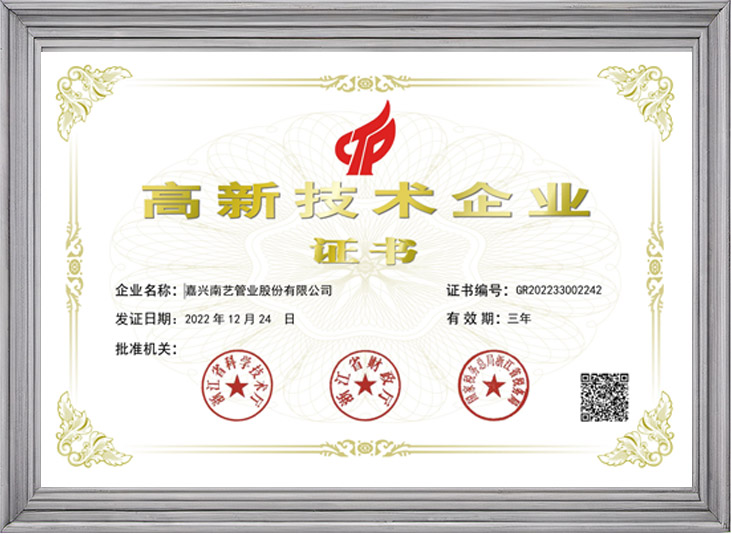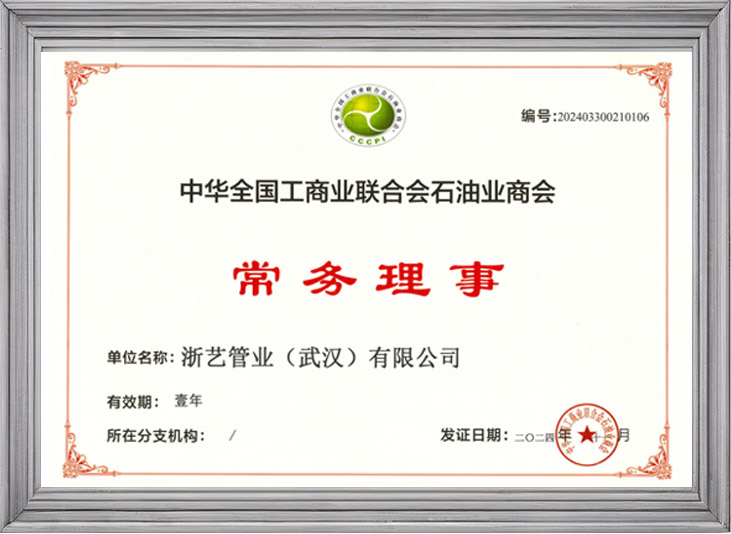UPVC/CPVC Tee Selection Guide: Pressure Rating, Size Standards and Industry Applications
UPVC (unplasticized polyvinyl chloride) and CPVC (chlorinated polyvinyl chloride) tees are key connectors in the pipeline system in industries such as chemical, water treatment, energy and high-end manufacturing. Correct selection requires comprehensive consideration of pressure rating, size standards, corrosion resistance and industry-specific requirements. The following is an analysis of key selection factors and typical industry applications:
1. Pressure rating and temperature tolerance
UPVC: Applicable to 0-60°C, pressure resistance is usually 150-200 PSI (depending on wall thickness), suitable for normal temperature and low pressure environment.
CPVC: Temperature resistance can reach 90-100°C, pressure resistance is 100-400 PSI, suitable for high temperature and high pressure conditions (such as industrial steam heating, hot water transportation).
2. Size Standard
Nominal diameter (DN): Common sizes are DN15-DN300, which need to match the pipeline system standards (such as ISO, ANSI).
Wall thickness (Schedule):
Schedule 40: General purpose, suitable for most low-pressure scenarios (such as drinking water, industrial water treatment).
Schedule 80: High pressure resistance, used in high-demand environments such as chemical industry and nuclear power plants.
3. Industry application and selection points
(1) Safe Drinking Water
Application: Municipal water supply, household plumbing system.
Selection key: Must comply with NSF/ANSI 61 certification to ensure that the material is non-toxic, usually UPVC Schedule 40 is selected.
(2) Metallurgy
Application: Pickling line, cooling water system, corrosive medium transportation.
Selection key: Need to be resistant to strong acids (such as sulfuric acid, hydrochloric acid), preferably CPVC Schedule 80 to ensure long-term resistance to chemical corrosion.
(3) Photovoltaic
Application: Solar panel cooling circulation system, pure water transportation.
Selection key: UPVC needs to add anti-ultraviolet (UV) stabilizer to prevent aging caused by long-term exposure to sunlight.
(4) Nuclear Power Industry
Application: Nuclear waste treatment pipelines, auxiliary cooling systems.
Choice key: The material must have high radiation tolerance, CPVC must comply with ASTM D1784 standards, and undergo rigorous pressure resistance testing.
(5) Electronic Semiconductor
Application: Ultrapure water (UPW) delivery, high-purity chemical distribution system.
Choice key: Ultra-high cleanliness UPVC/CPVC must be used, and the inner wall must be electrolytically polished to avoid particle precipitation and contamination of the medium.
(6) Medicine Industry
Application: Pharmaceutical pure water system, sterile fluid pipeline.
Choice key: Must comply with FDA certification, CPVC can withstand high temperature sterilization (121°C) to ensure no bacterial growth.
(7) Industrial Water Treatment
Application: Reverse osmosis (RO), softened water system, circulating cooling water.
Selection key: UPVC is chlorine-resistant and oxidation-resistant, and is suitable for Schedule 40 or 80, depending on the system pressure.
(8) Industrial Wastewater
Application: Wastewater discharge containing corrosive chemicals, acid-base neutralization system.
Selection key: CPVC is acid-base-resistant, organic solvent-resistant, and not easily degraded after long-term use.
(9) Drinking Water
Application: Cold and hot water distribution in buildings, direct drinking water system.
Selection key: It must comply with regional certification standards (such as WRAS UK, KTW Germany) to ensure long-term safe use.
4. Selection considerations
Chemical compatibility: Different media (such as acids, alkalis, solvents) have different effects on UPVC/CPVC, and the ASTM F439 standard must be referred to.
Connection method:
Solvent Cement: Suitable for permanent connection, good sealing.
Flange: Easy to disassemble and maintain, suitable for industrial systems.
Threaded: Used for small pipes, but attention should be paid to sealing.
Certification requirements: The nuclear power industry requires ASME NQA-1, the semiconductor industry requires SEMI F57, and the pharmaceutical industry requires FDA certification.
 +86-15258772971
+86-15258772971
 dinys009@163.com
dinys009@163.com

 English
English 한국어
한국어 Español
Español عربى
عربى

